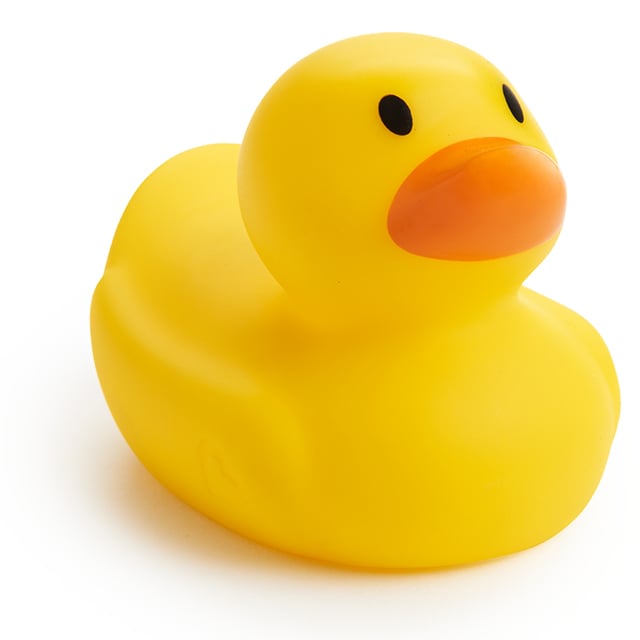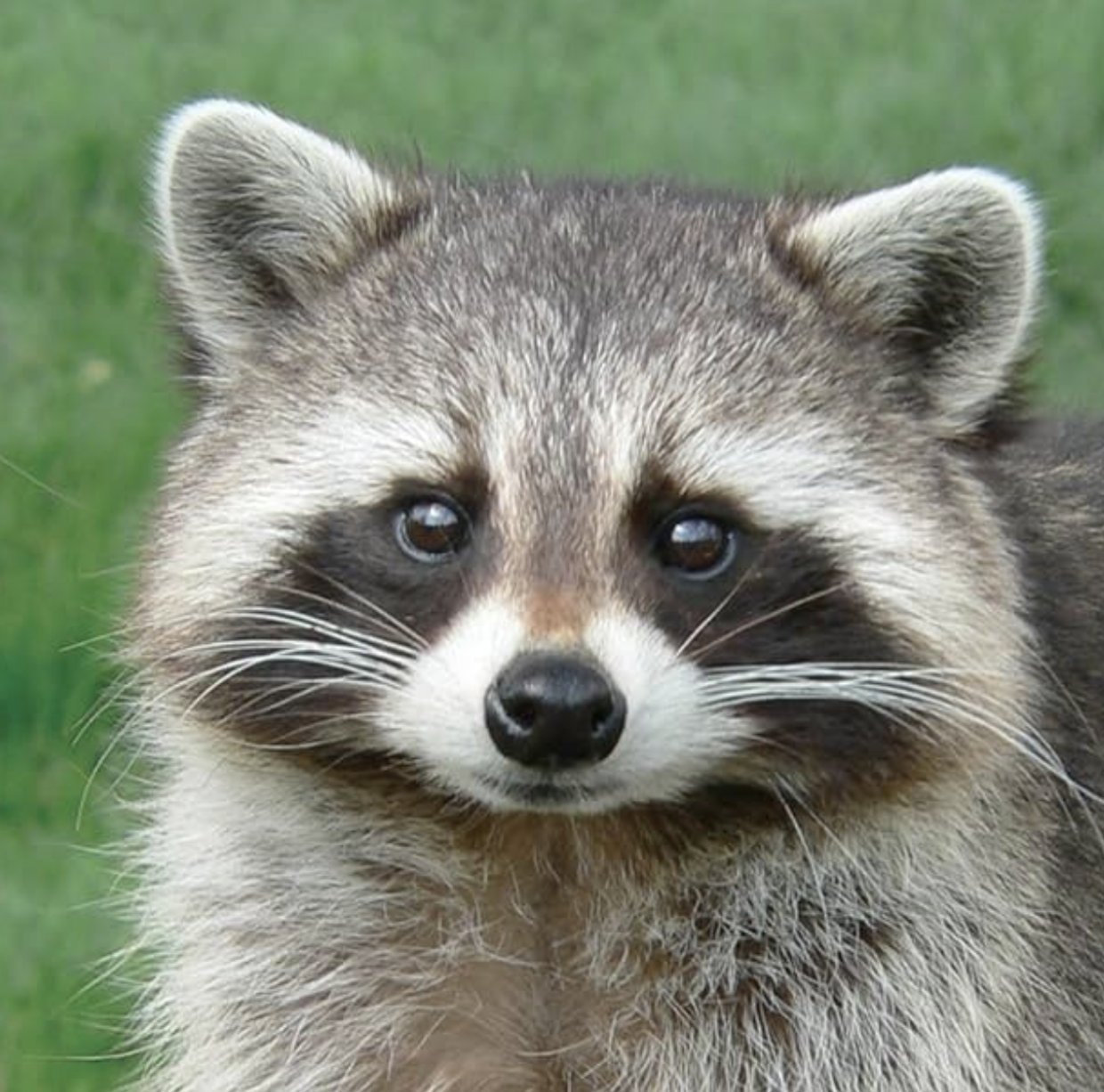Unfortunately this is false. They’ve tested this and monkeys establish captilasm extremely fast when they come to understand currency as a concept.
https://www.jstor.org/stable/10.1086/503550
They would exchange the currency, steal it, gamble with it, purchase with it, and even do some prostitution for it.
Edit: To people responding that this isnt capitalism, it actually is, in this case the privatized controller of wealth were the researchers distributing “payment” to the monkeys at a fixed rate, as well as having experiments where the monkeys had to pull levers before they would receive rewards either to themselves or later, altruistically to other monkeys.
You would know that if you took the time to read up on the study before responding…
That’s not capitalism, that’s just a market.
It’s only capitalism when one monkey owns the means of production and starts paying another money a wage while taking the wealth they produce.
It would be really interesting if the scientists gave all of the monkeys a huge supply of walnuts, and one of the monkeys a tool to open walnuts. Would the monkey share the tool when it was finished opening walnuts? Charge the other monkeys to use the tool? Would the other monkeys beat the shit out of them and share it?
I always thought capitalism was defined by the existence of stock markets, but I could easily be mistaken! So, everything you said, plus the ability to gamble on three performance of businesses.
Capitalism is just the idea that capital is privately owned and the economy is loosely organized around that concept.
From the IMF
In a capitalist economy, capital assets—such as factories, mines, and railroads—can be privately owned and controlled, labor is purchased for money wages, capital gains accrue to private owners, and prices allocate capital and labor between competing uses
If you compare this to something like socialism which says that capital assets should be held by the society at large. There is no one guy that can own a mine but the mine is owned by society at large.
Capitalism often likes to wear the clothes of “free markets” because most people like the idea of freedom. Not a lot of people are super keen on the idea that “some rich guy should be allowed to own all the railroads if he wants” (unless you are a rich guy that owns a bunch of railroads) so capitalists like to conflate capitalism and the free market as though they are one inseparable idea.
Other economic systems can also have free markets with collective ownership. Worker cooperatives, for example, exist within capitalist economies.
The existence of a stock market is not actually needed for capitalism. The people that own the means of production don’t necessarily need to set up a system where people can purchase a share of their companies. It might be an emergent property of capitalism, if people don’t want to start their own profit generating enterprises but want to share in the gains of a profit generating enterprise they would be willing buyers. People with profit generating enterprises might be willing sellers if they think they could over time generate more profit by raising capital from the stock buyers. But if you didn’t have a stock market and private individuals controlled the capital assets of your society, by definition you’d still be capitalist since that’s the defining characteristic.
As an example you could outlaw all financial instruments in America and as long as I can still own a factory and sell my goods for a profit, it would still be capitalism.
I think economic systems are fascinating. We often colloquially conflate various things that tend to happen together but really aren’t related at all. Of course if I hold the capital assets I would want you to associate capitalism with the positive aspects of a free market and sorta ignore the part where I get to own the capital asset and charge everyone else to have access to it.
Thank you for that detailed answer. I am all about learning new things!
That was very insightful, thanks.
It’s interesting that capital assets are only defined through example in the IMF definition and when you use it later. I know what they mean intuitively but it’s interesting that it doesn’t seem like there’s any hard line for what counts. Even when I look it up the definition is pretty loose.
Yea a lot of economic thinkers have tried to define capital.
I tend to think of capital mostly in the terms of means of production. Capital comprises the things that make things. But different economic thinkers draw different boundaries.
I think regardless of where you draw the boundaries the idea of capitalism is an interesting one, one where you let private individuals own those things. There are definitely parts that become almost philosophical. Take for instance mining rights. The mountain sits there for millennia, completely unowned. Then one day some people show up. No one owns that mountain, if people need rocks from the mountain anyone can walk up there and take them. Then you get enough people together and they say “together we are a nation, our nation owns that mountain.” Then capitalism does this neat magic trick where the nation can sell the mountain to one of the people in the nation and then he owns the mountain. You need a rock from the mountain, too damn bad, Greg bought the mountain and now you have to buy your rocks from him.
When you strip away all the abstractions we put up, it’s kinda wild. I find capitalism’s frequent marriage to democracy to be kinda fascinating too because the systems are sorta in opposition. When no one owned the mountain, all were free to take rocks, one could argue they vote with their rock collecting hands, that’s quite democratic. Once the nation claims the mountain, if that nation were democratic, the people could vote on the best way to use the rocks and that’s quite democratic too. But once the nation sells it to Greg, the fate of the mountain is in Greg’s hands. The people have no further say in the mountain or how much rocks cost or anything really, it is the least democratic outcome.
The stock market is one of the hallmarks, but the one thing capitalism can’t do without, is the capitalist class, because it wouldn’t be capitalism any more. The private people who own the things and earn the profits by sheer virtue of having a lot already.
OK yeah, but don’t think a group of 6 monkeys is gonna invent financialization.
I… don’t wanna find out!
IDK, setting up a monkey village with different means of production to see what organization emerges around them would be a really cool experiment.
Well, yes…ok you got me there!
Orangs do that. One Orang is collecting food and giving to to another Orang building a bed from leaves.
Why? Because the first Orang is better at collecting food and the second at building beds.
Still not capitalism. Capitalism would be one Orang owning the bed factory (capital) and allowing other Orang to get some fruit for making beds while the capitalist Orang would get fruit by virtue of letting other Orangs work in his bed factory.
Exchange =/= capitalism
I vaguely remember reading about monkeys teaming up and beating others to death if they hoard too much ‘wealth’. If that’s actually true the meme is still kind of true.
deleted by creator
There’s no real way to hoard “wealth” as a monkey. Fruit rots. There’s no way to invest in such a society, since they don’t understand the concept of growing food. That’s why they live in family groups to control territory.
Humans lived similarly for hundreds of thousands of years. Calling the basic exchange of tokens “capitalism” isn’t accurate. It’s like calling a tribal society “communism” because people take care of their relatives for free. It’s not accurate.
How are hunter gatherer societies not communism? They live in communes and they collectively share everything.
I don’t recall the mention of fruit. Rather, currency was used.
Since the researchers owned and distributed the capital, this was not a capitalist market invented by the monkeys, but one enforced on them by the researchers.
So you can call it capitalism, but it doesn’t disprove the OP tweet like you suggested.
“capitalism: an economic and political system in which a country’s trade and industry are controlled by private owners for profit.”
These are certainly words…
This take is insultingly dumb. As others have pointed out, trading goods for anything doesn’t equal capitalism.
Having a common medium of exchange isn’t the same thing as “capitalism”
That’s not Capitalism, that’s just exchange.
I read the study (not everyone has academic access, FYI, so here’s a link) and it’s not capitalism. Even your edit, where you explain how “it’s capitalism for real guys”, is just an example of voluntary exchange, a feature that is neither exclusive to capitalism nor its defining feature.
Maybe before criticizing others, first take a few minutes to even just read the Wikipedia article on capitalism and make sure you know what you’re talking about.
When I woke up today I never would if guessed that today is the day I would wind up accidentally learning that monkey prostitutes are a thing.
If it helps, that’s not monkeys inventing capitalism, it’s monkeys responding to a system of currency that was enforced on them by scientists. That’s a very different thing.
Essentially what they’ve discovered is an example of the logic of capitalism reproducing itself within those it subjugates.
Don’t bonobos offer sex for services or food in the wild? Still not necessarily capitalism to have a market, unless there was a bonobo pimp exploiting bonono hookers to profit off them without doing a damn thing himself.
If they did it still wouldn’t be capitalism. Capitalism isn’t just when market, and I don’t know why it’s important that sex is the thing being offered except to make it sound worse because our society hates sex workers.
The sex thing isn’t important it was just what bonobos use as currency, so the rest of my example just went with that.
Fair, it just seems like the people using this example are leaning hard into the “prostitution” angle. I didn’t mean to imply you were bringing it up because you personally hate sex workers or anything.
I’m sorry for your loss.
I love this but anyone got a link to a site that isn’t paywalled or doesn’t force me to disable my ad blocker?
Weird. It didn’t paywall me. You could try clearing your cookies or using 12ft.io. (12ft.io sometimes works for me.)
Honestly, I just vaguely remembered hearing about that experiment and when this post came up I googled (well, DuckDuckGo’d, but anyway) “monkey money experiment prostitution” and picked the first link that seemed to be about the experiment I’d remembered hearing about.
In this thread: many apes who demonstrate they have no idea what capitalism is.
I’m starting a new line of NFTs that will be Communist apes.
Anybody can make them and anybody that needs one can have one.
As it happens, no one needs that. So none exist.
To be fair, every monkey would be clubbed to death by trying to explain something to other monkeys.
Aren’t pigeons communists
90% this is an Alex Jones quote
I thought there was genuinely a thing with pigeons sharing things equally
Communism isn’t about sharing equally, but fulfilling everyone’s needs off of everyone’s abilities.
Tools are owned in common, but distribution is based on needs.
deleted by creator
I think it’s nonsense to apply a human system and a human behavioral analysis to animals.
But if, for the sake of arguments, pigeons were humans, does that mean they are commie scumbags?
Cool facts bro, good for you explaining things down to us.
…but OP was talking about pigeons.
I need to know if them pigeons are communist, so I do!
There are two types of community animals. That is, animals that live with others of their own species for the majority of their life.
One type generally shares everything, all members work to collect resources, and those resources are shared with all members. There’s no concept of ownership. You find this in a lot of birds, ants are a good example, some species of great ape to an extent.
The other type is the opposite. Not all members gather, and some members seem to believe they own resources as they’re brought in. Lions are a great example, where not only do the men not actively participate in hunting, but they aggressively defend kills and take the largest portions for themselves. And then also another species of great ape that has gone as far as to invent currency just to let a handful of apes control most of it.
It would have happened with people too.
We had to be broken into it and, by it, domesticated over hundreds of years. Now people can’t even imagine any other system possibly “working” (the exacts nature of the not working-ness of other systems is hard to pin down when we’re honest about those things also applying to capitalism).
The origins of the feudal system isn’t up for debate and we know it down to very fine detail. Hell, we can even tell the origins of some wild and obscure economic systems, not just, say, the roman slave economy. However, for some reason, were all expected to beleive capitalism just happened, as if by magic, out of no where.
Well, thats because you can’t teach the origins of capitalism, without it being a criticism of capitalism, and you can’t teach any criticism of capitalism in school either in the UK or the US.
It must be such a good and fair system to have to have its origins hidden.
Actually all higher primates do capitalism. Bonobos pay with food for sex, Chipanzees pay with support for a higher rank, Orangs pay with food for other orangs making them a bad out of leaves. I suggest to read Barterverse: Galactic Economics 1: Happy Existence
Capitalism isn’t just the trade of goods and services
this here, original commenter’s take is the typical dumb take you hear from students of economy.
I think you’re making the common mistake of mixing up voluntary exchange and capitalism. Voluntary exchange, the exchange of goods, money, or services for other goods or services, is a feature of capitalism but it’s not exclusive to it by any stretch of the imagination.
The issue many have with capitalism is capital accumulation, which involves the investment of money or other financial instruments with the goal of receiving a financial return, leading to the increasing concentration and centralization of the means of production into the hands of a small number of rich capitalists.
Using your analogy, it wouldn’t be orangutans paying another for a bed of leaves. It would be orangutan 1 paying orangutan 2 for a bed, who then kept 60% of the food and paid a third orangutan the remaining 40% to make a bed of leaves. Orangutan 2 then gradually uses its food to buy up all the leaves so other orangutans then have to do 100% of the bed making while orangutan 2 gets a cut of the food simply for owning the leaves. Since the other orangutans can no longer make their own beds, the orangutan capitalist increasingly reduces the amount of food it pays them. Eventually orangutan 2 has more food than it needs, but it uses this food to keep accumulating even more food at the expense of other orangutans having less food than they need.
a bad out of leaves
❓









